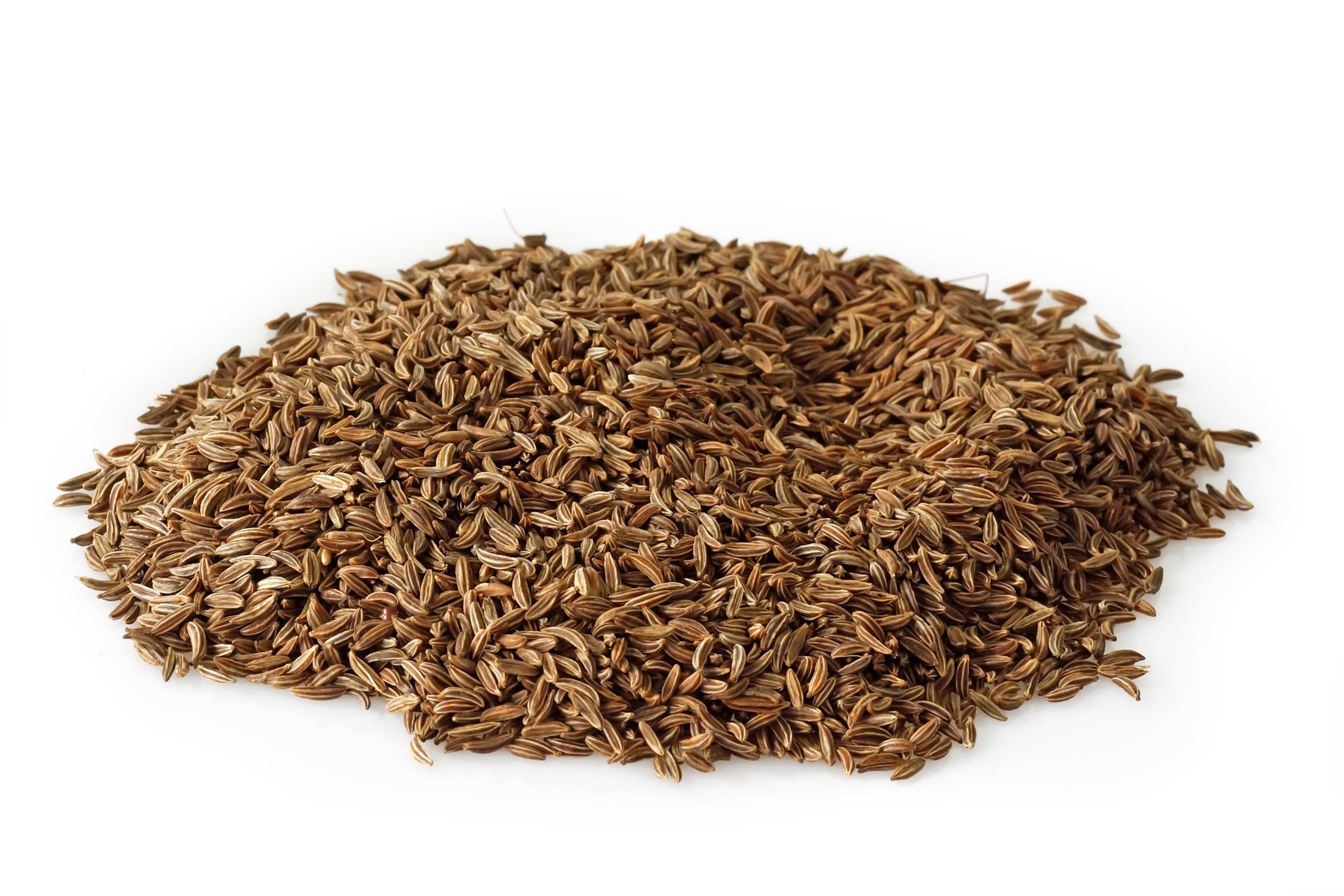Fenugreek tea is one of the oldest medicinal tonics and has been used for thousands of years to prevent fevers, soothe stomach disorders, and to treat diabetics. Fenugreek seeds are rich in nutrients such as vitamins A, C, thiamin, folic acid, calcium, copper, iron, magnesium, and selenium.
Fenugreek tea can help to relieve lower back pain and reduce inflammation in the body. It is also highly beneficial for acid reflux, heartburn, respiratory issues, allergies, ulcers, gastritis, indigestion, and constipation. Fenugreek contains powerful compounds that can bind to toxins in the digestive tract and help to remove them from the body as well as protect the colon from cancer.
Fenugreek contains an amino acid called 4-hydroxy- isoleucine which helps to facilitate insulin secretion and has been shown to be very helpful for diabetics who are trying to find natural ways to control their blood sugar levels. Fenugreek tea is also very effective at helping to lower cholesterol and can significantly reduce the risk of a heart attack.
Fenugreek tea has been shown to significantly increase milk production in lactating women. Fenugreek seeds are often used in culinary dishes and are a main ingredient in curry spice and are delicious in vegetable and lentil dishes. The seeds, however, should only be added in small quantities as that have a very strong flavor and taste. Fenugreek seeds can also be sprouted and used as a healthy addition to salads and sandwiches. Fenugreek can also be used topically as an effective treatment for skin problems such as acne, boils, burns, and eczema.
Fenugreek seeds are readily available online and in the spice section of your local grocery store. Fenugreek can also be found in capsule, tincture, powdered, extract, and cream form at your local health food store.




